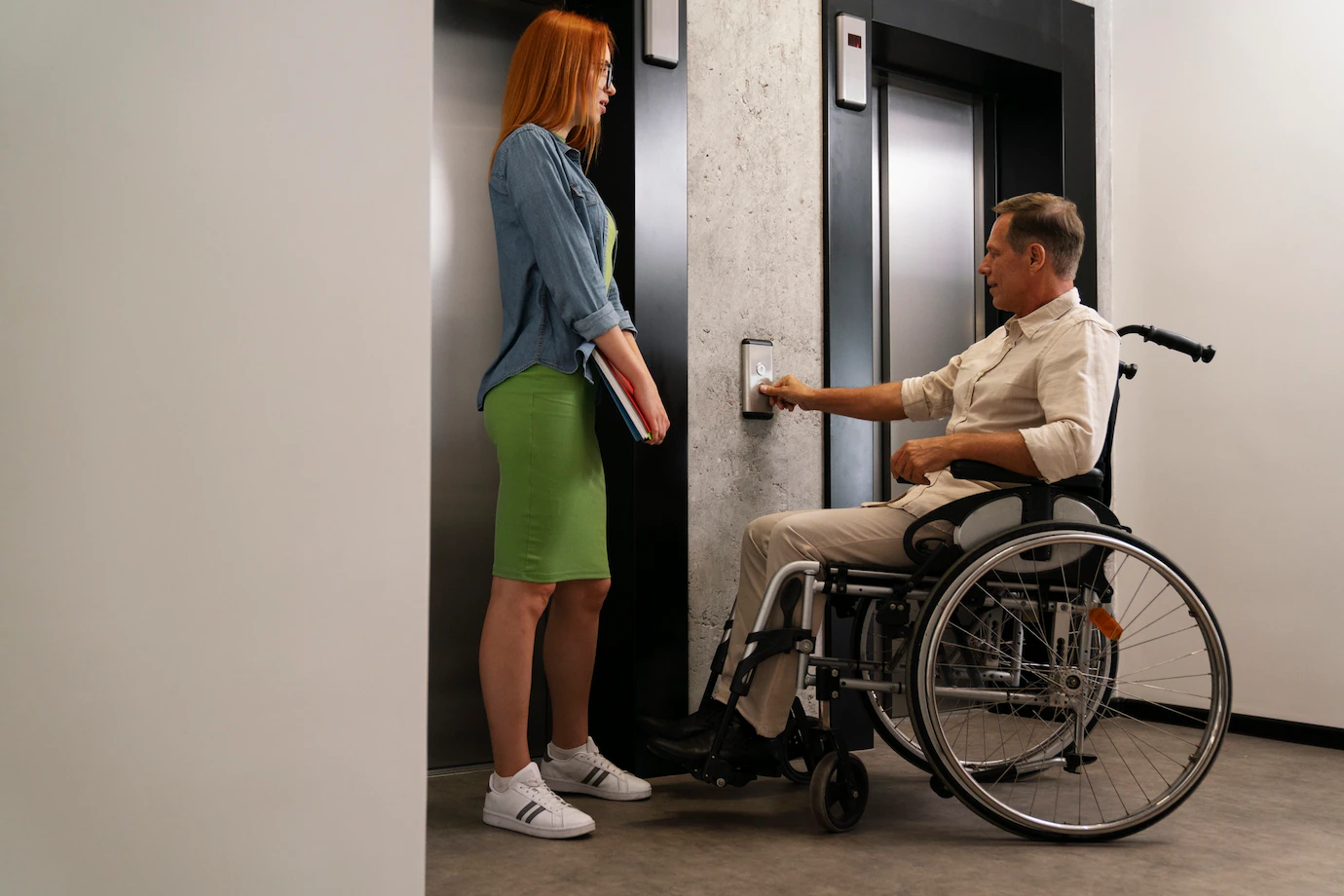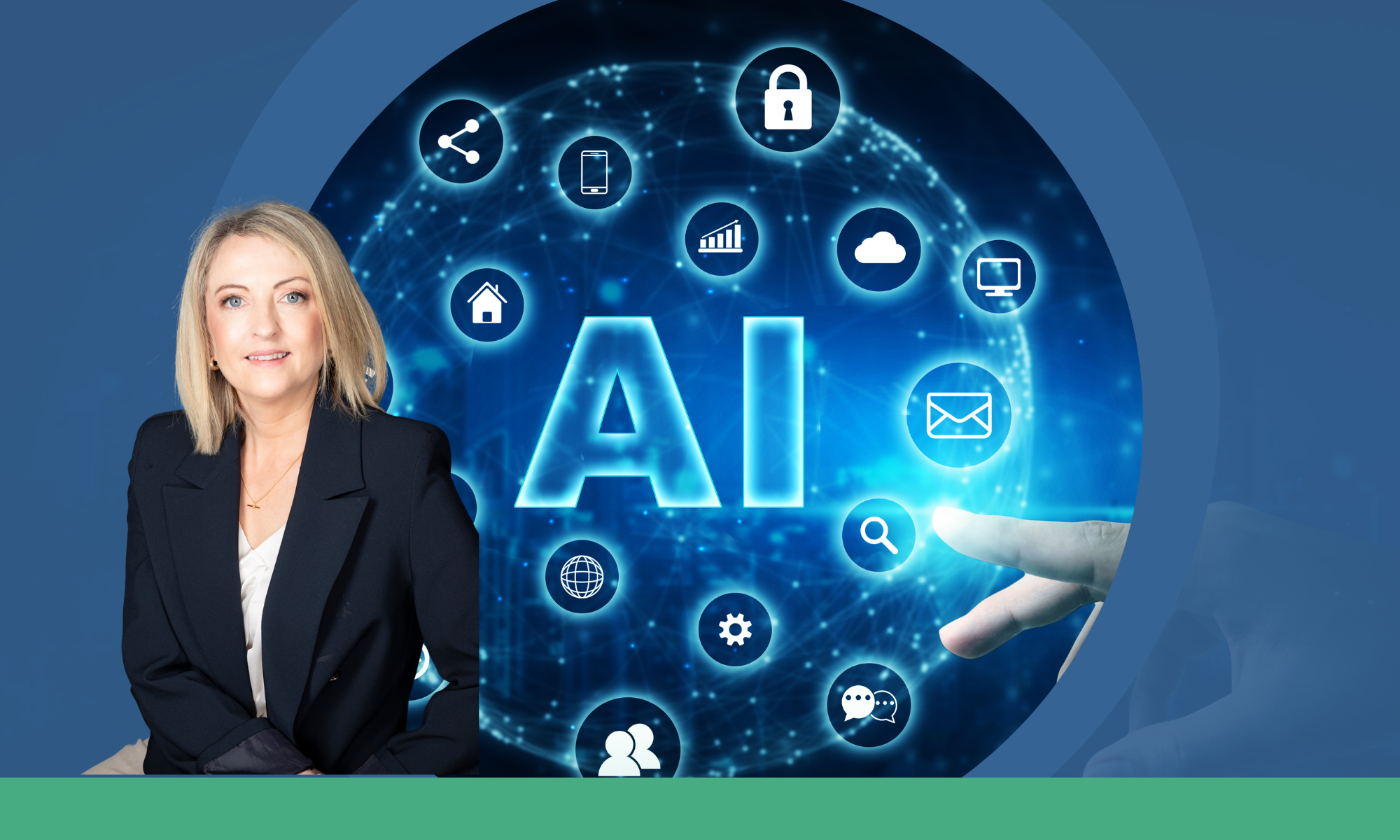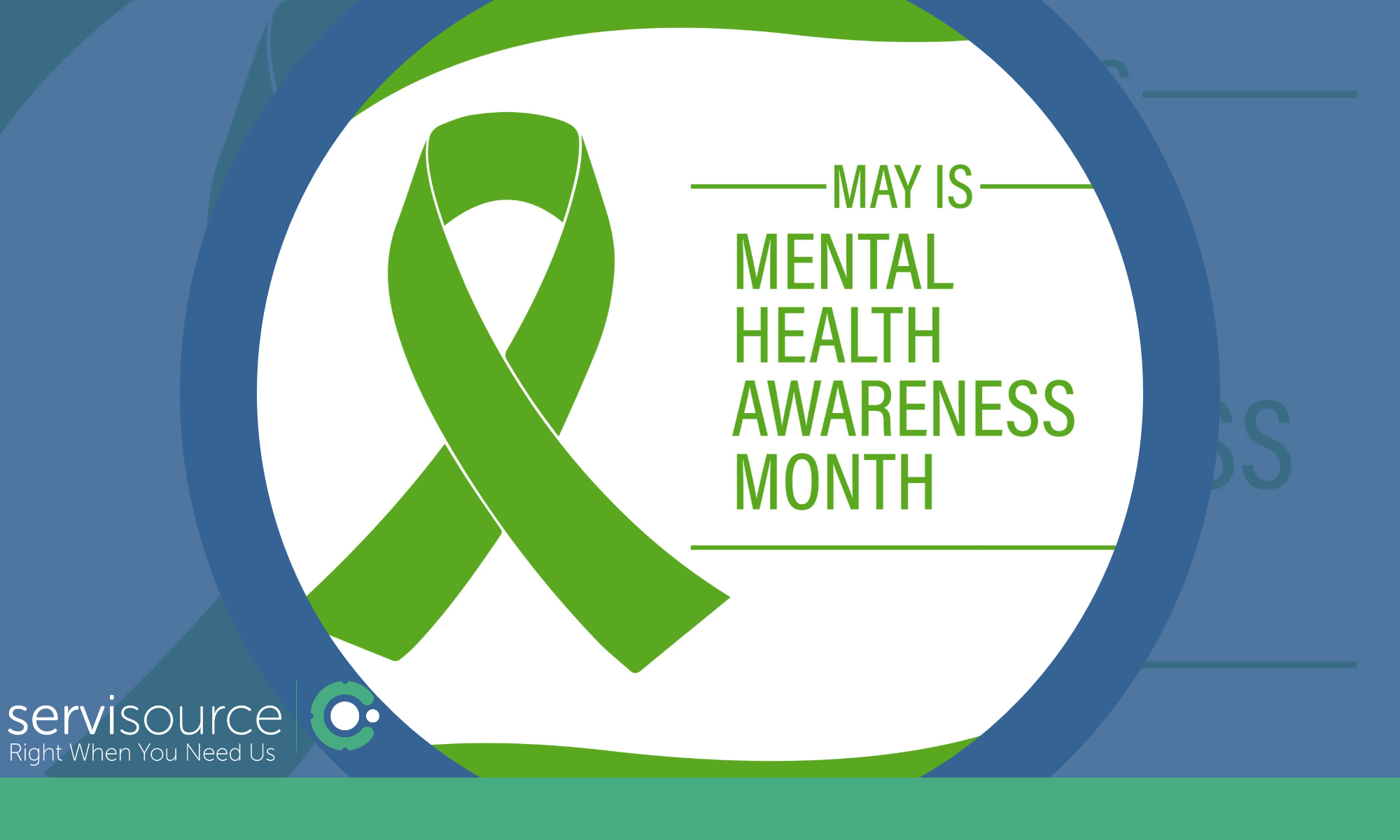The Role of Disability Services in Higher Education
Disability services in higher education play a crucial role in ensuring that all students, regardless of their disabilities, have equal access to educational opportunities and can succeed academically. These services are provided to support individuals with various types of disabilities, including physical, sensory, learning, and psychological. The role of disability services in higher education is to promote inclusivity, accommodate students’ needs (physical and emotional) as well as removing barriers to learning.
Accessibility and Accommodations

Students’ progress and the effectiveness of accommodations is monitored as needed to ensure that they continue to receive appropriate support. This provides instructors with the awareness of the diverse learning needs of each individual. Physical alterations can include ramps, lifts, and wider doors, separate, quiet rooms for testing as well as assistive technology such as high tech braille devices for those visually impaired.
Campus facilities, websites, and online learning platforms are accessed to make sure they are accessible to individuals with disabilities. Services may also work to make events and extracurricular activities inclusive. Other accommodations include Academic Personal Assistants (PA’s) and Note Takers provided who have been allocated by the Disability Office.
At Servisource, we provide Academic Personal Assistants (PA’s), Personal Assistants, ISLs or Irish Sign Language Interpreters as well as Note takers to students. We recruit, rigorously screen, obtain Garda Vetting and induct our ESWs before appointing them to work with individuals. This ensures we have the right people with the right skills, understanding their needs and matching them with an Educational Support Worker that suits them. Examples of Educational Support Workers include:
Training and Professional Development

School services often offer training and professional development opportunities to faculty and staff. This training helps educators understand how to create accessible learning environments and how to effectively work with students.
It means that instructors are aware of and responsive to the diverse learning needs in question. The effectiveness of training programs can then be monitored and feedback is gathered to make improvements.
Training and development opportunities for faculty staff not only ensure that they are prepared to assist students effectively but also helps to break down stereotypes and biases that may exist. This can lead to a more inclusive and supportive campus environment, where individuals have more opportunities to thrive.
There are a number of services on hand to help students and youths who are going through disability challenges:
• Spunout, Ireland’s youth information and support platform: works collaboratively with young people to support their mental health and wellbeing. An evidence-based, person-centred digital solution and safe, validating support space.
• AHEAD (Association for Higher Education Access and Disability): AHEAD are an independent, not-for-profit organisation that works to promote information about, and access to, services for students involved in higher education.
Emotional and Psychological Support

In addition to providing accommodations for students, these services also offer emotional and psychological support for those who may be struggling with mental health concerns. From counselling services to support groups, these resources are a vital part of ensuring that every student, regardless of ability, has the tools they need to succeed in college.
Students may struggle with anxiety, depression, or ADHD. Services can include counselling, stress management, and strategies for academic success. An environment where they feel supported and valued empowers them to achieve their goals.
Some disability services have partnerships with counselling centers on campus. Individuals may experience unique challenges related to their conditions, therefore having access to counselling on campus can be crucial for their mental well-being.
The role of disability services in higher education is an essential asset. Not only do these services provide students with the necessary resources to accommodate for their disabilities, but they also ensure a sense of equity and inclusion among everyone in higher learning.
They provide services to tackle potential issues that may arise, creating solutions that are tailored to each individual student’s needs. They demonstrate the importance of respect and understanding for individuals with difficulties within the educational setting while preparing them for a more equitable and inclusive future. If you would like to know more, don’t hesitate to speak to our team today.
Contact Form
Contact Form










